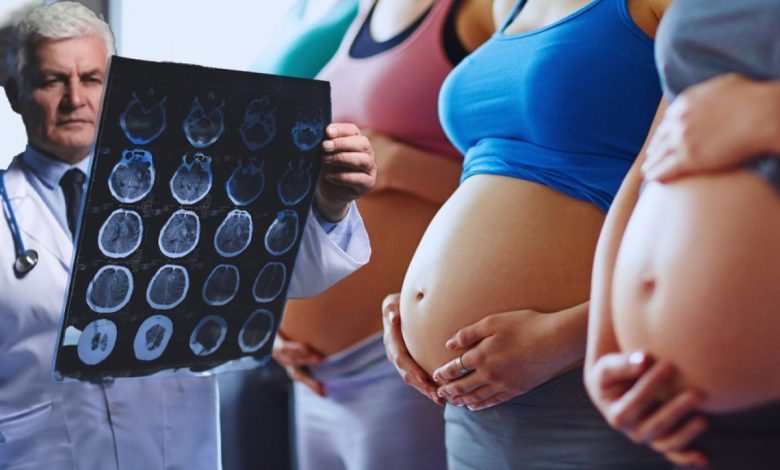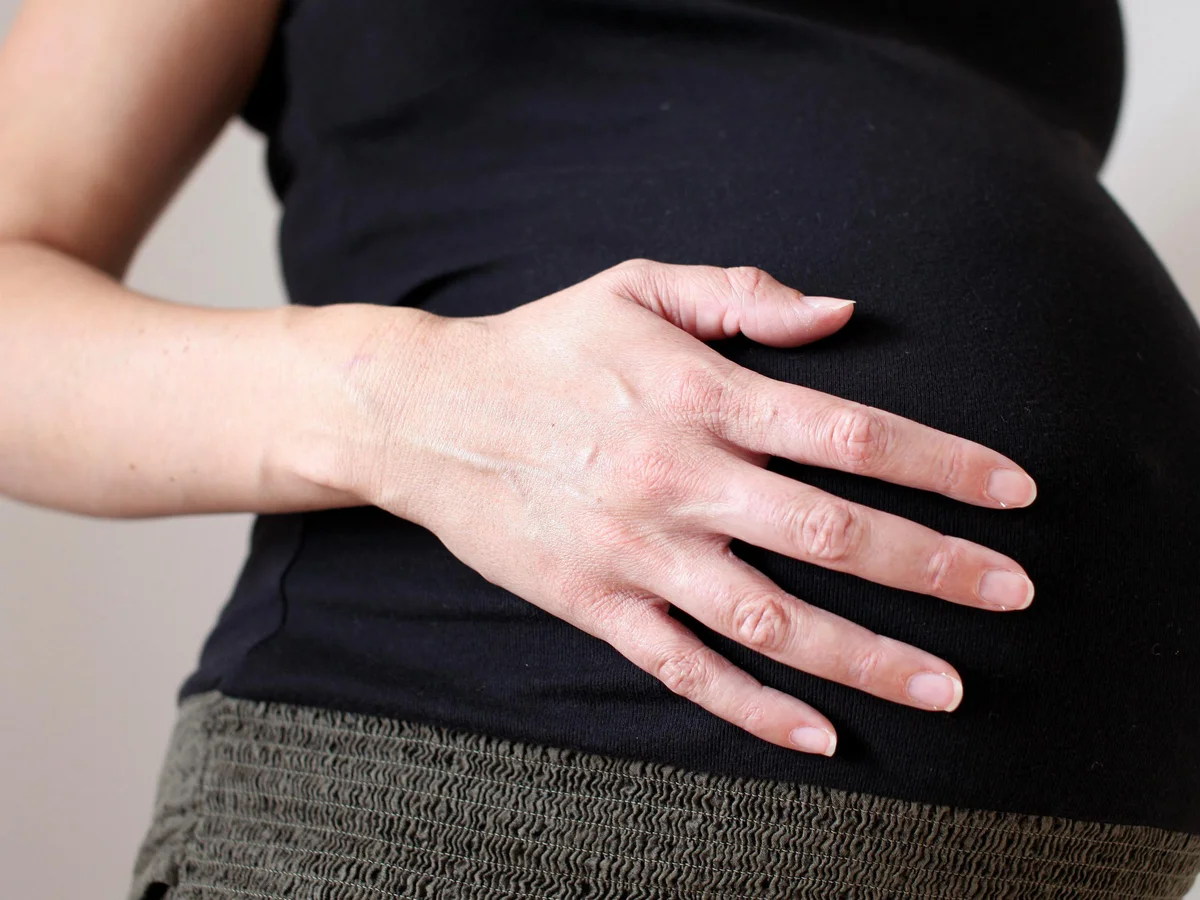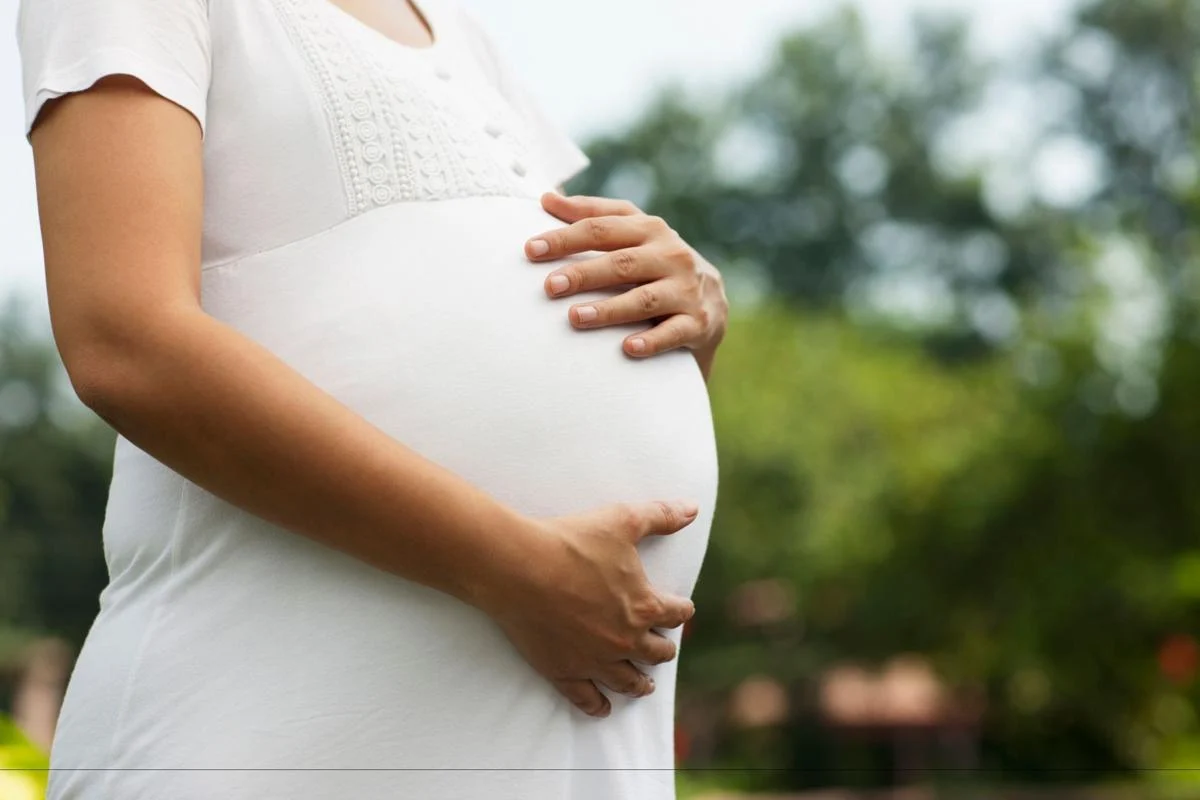How Pregnancy Changes The Brain: A Detailed Look At New Research

Pregnancy Changes The Brain: A recent study provides one of the first comprehensive maps of how the human brain changes during and after pregnancy, offering fascinating insights into the phenomenon of “pregnancy brain” or “baby brain,” often described as forgetfulness or mental fog experienced by expectant mothers.
This research sheds light on the deep neurological shifts that occur as a result of pregnancy, revealing that the brain undergoes structural and functional transformations that prepare women for motherhood.
How Pregnancy Changes The Brain
The Groundbreaking Research
Dr. Liz Crosstail, a neuroscientist, led this pioneering study, which marks a significant advancement in understanding how pregnancy affects the brain. During her own pregnancy, Dr. Crosstail became curious about the changes in her brain and decided to explore them scientifically. The result is one of the most detailed studies of its kind, mapping the brain before, during, and after pregnancy.
Published in Nature Neuroscience, the study involved 26 MRI scans taken at different stages of pregnancy and after childbirth. The researchers aimed to track both the structural and functional changes in the brain throughout this transformative period.
Reduction In Gray Matter

Pregnancy Changes The Brain, One of the most striking findings was a significant reduction in gray matter volume in over 80% of the brain areas examined. Gray matter is crucial for cognitive functions like thinking, memory, and decision-making. The reduction was, on average, about 4%—a decline comparable to that seen during adolescence, a period of significant brain reorganization. Remarkably, this reduction did not fully reverse after childbirth, suggesting long-term changes in how the brain functions post-pregnancy.
Increase In White Matter Integrity
Pregnancy Changes The Brain, White matter, which connects different parts of the brain and facilitates communication between regions, showed increased integrity during the first and second trimesters. White matter’s health is a key indicator of how efficiently brain regions communicate with one another. This increase in white matter integrity may contribute to the cognitive enhancements required for nurturing behaviors and may help mothers bond with their infants. However, this change returned to normal levels shortly after childbirth.
Hormonal Influences On Brain Structure
Pregnancy Changes The Brain, The study closely monitored how fluctuations in sex hormones, such as estrogen, influenced these brain changes. Estrogen, which surges during pregnancy, has been previously linked to brain plasticity, or the brain’s ability to reorganize itself. The researchers collected blood samples during and after pregnancy to see how these hormones might be linked to structural brain changes, finding a correlation between hormonal shifts and alterations in neural circuitry.
Regions Linked To Emotional And Social Processing
Pregnancy Changes The Brain, The brain regions that were most affected by pregnancy included areas related to social cognition and emotional regulation. These changes were particularly pronounced in the prefrontal cortex and limbic system, which are involved in empathy, attachment, and the ability to understand and respond to the emotions of others.
Pregnancy Changes The Brain, These adjustments are thought to enhance maternal instincts and the ability to bond with the baby. Some of these changes remained for up to two years postpartum, suggesting long-lasting impacts.
Why The Reduction In Gray Matter?

Pregnancy Changes The Brain, While the reduction in gray matter might initially seem concerning, the researchers believe it serves an important function. The loss of gray matter likely reflects a pruning process that fine-tunes neural circuits to become more efficient. Just as adolescents experience gray matter reduction as their brains become more specialized for adult life, pregnancy may streamline neural pathways to prepare the brain for the demands of motherhood.
This “pruning” likely improves a mother’s ability to read her infant’s needs and emotions, fostering stronger social bonds and ensuring better care. The gray matter reduction focuses on areas that help with social interaction and emotional understanding, critical skills for new mothers.
Implications For Postpartum Depression
Pregnancy Changes The Brain, This study also holds promise for understanding conditions like postpartum depression (PPD). The researchers hypothesize that abnormal brain changes during pregnancy could contribute to PPD, a condition that affects roughly 1 in 7 new mothers. The next phase of this research will expand to include hundreds of women, allowing scientists to study patterns that might predict which women are at risk of developing PPD. This could lead to early interventions and more targeted treatments.
The Importance Of Studying Brain Changes In Pregnancy
Pregnancy Changes The Brain, Despite the many physical changes that accompany pregnancy, there has been relatively little research on how pregnancy affects the brain. This study provides a vital step toward filling that gap and improving our understanding of maternal brain adaptations. It also challenges the notion of “pregnancy brain” as simply a negative experience of forgetfulness or mental fog. Instead, it frames these brain changes as an adaptive process that optimizes a mother’s ability to care for her child.
Also Read:
Smoking Before Pregnancy Risks: Smoking Before Pregnancy Also Affects The Fetus.
The Impact Of Pregnancy On Women: Strong Bones, Blood Changes, And Brain Alterations
The Side Effects Of Apricot Kernel Consumption, Especially In Cancer And Pregnancy
Pregnancy Spots: Three Methods To Treat Pregnancy Skin Spots




